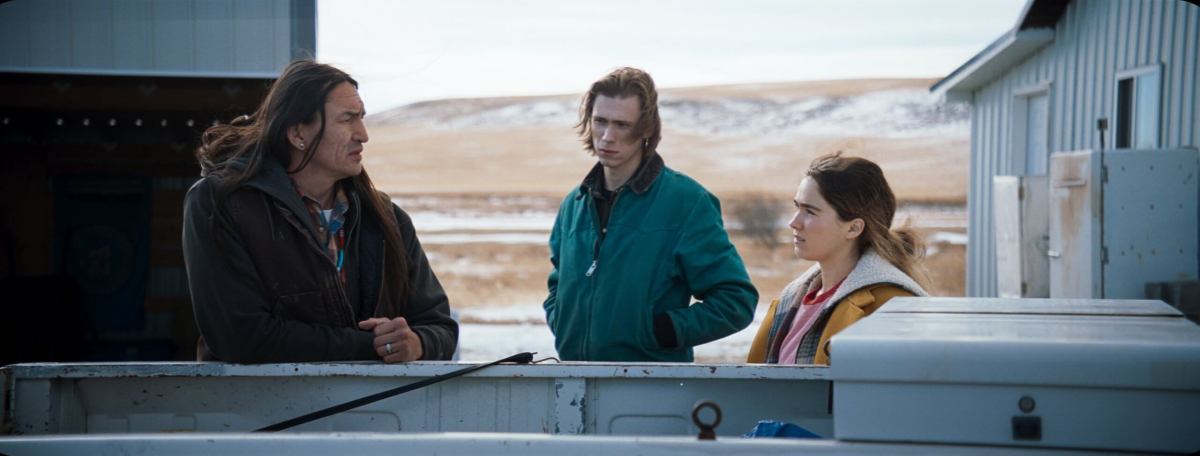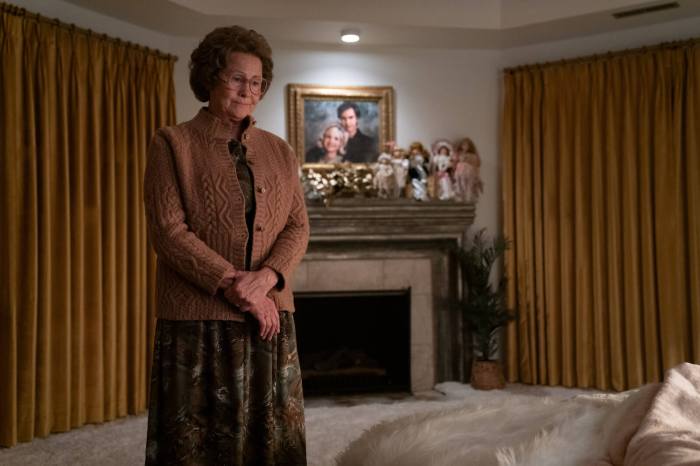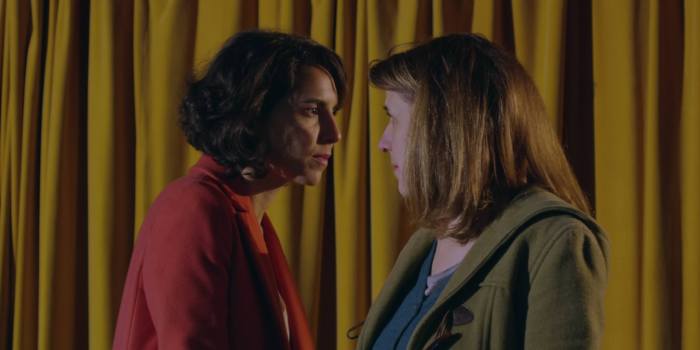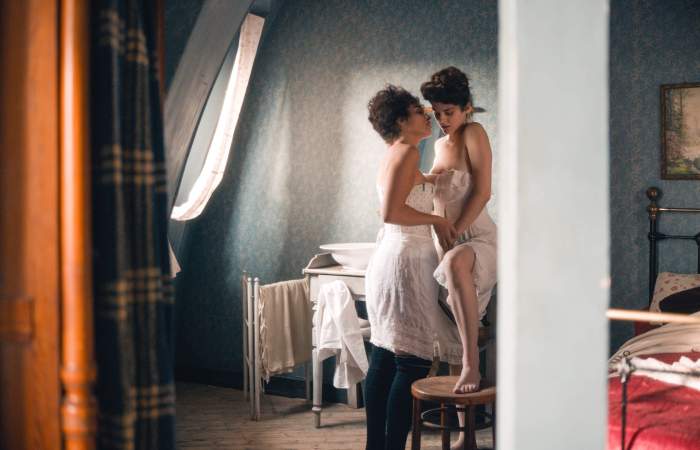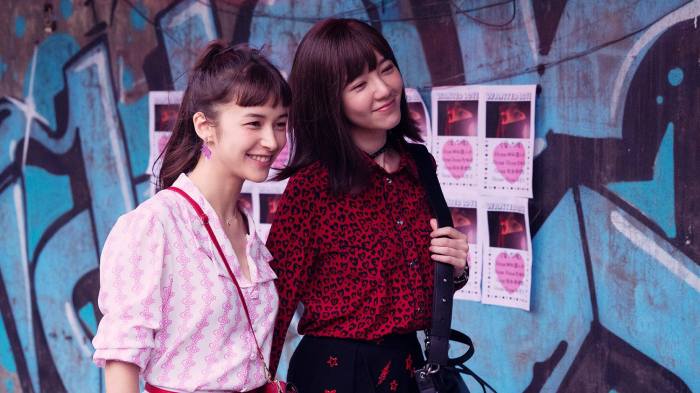Scott McGehee and David Siegel’s “Montana Story” describes the end of the line for a family that has produced nothing but pain. The patriarch is comatose due to a stroke. He only survives hooked up to machines, watched over closely by Ace (Gilbert Owuor). “Montana Story” isn’t a straightforward Western, but it makes use of the genre’s imagery and settings. Siblings Cal (Owen Teague) and Erin (Kelly Lu Richardson), who share their paternity but were born to different mothers, reunite at their dad’s Montana ranch, after not seeing each other in seven years. Erin is furious both about her father making a fortune by destroying the local land and the severe beating he gave her when she was 15. The ranch is on its last legs. Cal wants to put down the decrepit horse Mr. T, while Erin would prefer to save its life and bring it with her back to upstate New York.
“Montana Story” does not deal with COVID directly. However, both the onscreen action and very limited number of actors reflect the realities of making a film since the pandemic began. Like many recent movies, it strips down its cast to the most minimal size possible. The open spaces in which it was filmed allow for a degree of safety (only Ace, Cal, and Erin live in the same house). Cal and Erin put on a mask when they approach their father’s bed. (At a certain point, Ace tells Cal he’s been there long enough that this is no longer needed.) But the mood of isolation and loneliness resonates metaphorically, as does the distance from technology (one has to go to the edge of the ranch to be able to place a call) and the danger of relying on it.
The filmmaking partnership of McGehee and Siegel reflects their different sexual orientations: the former is gay, the latter is straight. Directors who work together are usually couples or relatives, but McGehee and Siegel have made six films together since their 1994 debut “Suture.” “Montana Story” is remarkably uninterested in romance. Erin and Cal don’t talk much about the relationships they may have had as adults. She moved to upstate New York, him to Cheyenne. But taking care of their father forces them to spend time together. Erin openly expresses her anger. Richardson delivers her lines with a sneer. Cal is much more reticent and awkward. Both actors’ performances are grounded in different forms of deep anxiety. But the fact that the man who hurt them is now incapable of speech allows them to finally find common ground, while their need to take care of him and sort out the ranch’s business forces them to spend a great deal of time together for the first time since they were teens.
Cal delivers an emotional monologue about witnessing his father beat Erin when he was 15 and not being able to do anything about it. “Montana Story” bears out poet Philip Larkin’s line “They f**k you up, your mum and dad.” Cal and Erin feel distant from each other because they don’t share the same mother. Their connection going through their father has not exactly brought them closer.
Erin’s anger at her dad gets politicized in the scene where the two siblings drive to a giant pit marring a beautiful landscape and look down into it. She recites the circles of Dante’s inferno and says “growing up, we were so indoctrinated by the old Big Sky thing…I really bought it.” Cal listens to a radio broadcast about the Standing Rock protests, and the fact that the natural bounty of this region has been taken over by whites and used to extract oil for their profit hovers behind the film. But the film’s politics are overly hesitant. As much as it rages against the abuse of power and tries to challenge the myths of American history, it never fully examines the damage done to anyone besides Cal and Erin. The film incorporates people of color, but it’s not their story.
McGehee and Siegel set their characters’ emotions against a magnificent landscape. Many scenes use nature as a distant background while Cal and Erin speak closer to the camera. Sometimes, the direction is a bit too on the nose. The symbolic final scene, in which horses gallop away from a distant camera as soundtrack composer Kevin Morby’s Dylanesque folk song plays us out over the credits, is pretty corny. Even so, the film’s wins outweigh its stumbles.
“Montana Story” | Directed by Scott McGehee and David Siegel | Bleecker Street | Opens at the Angelika May 13th

